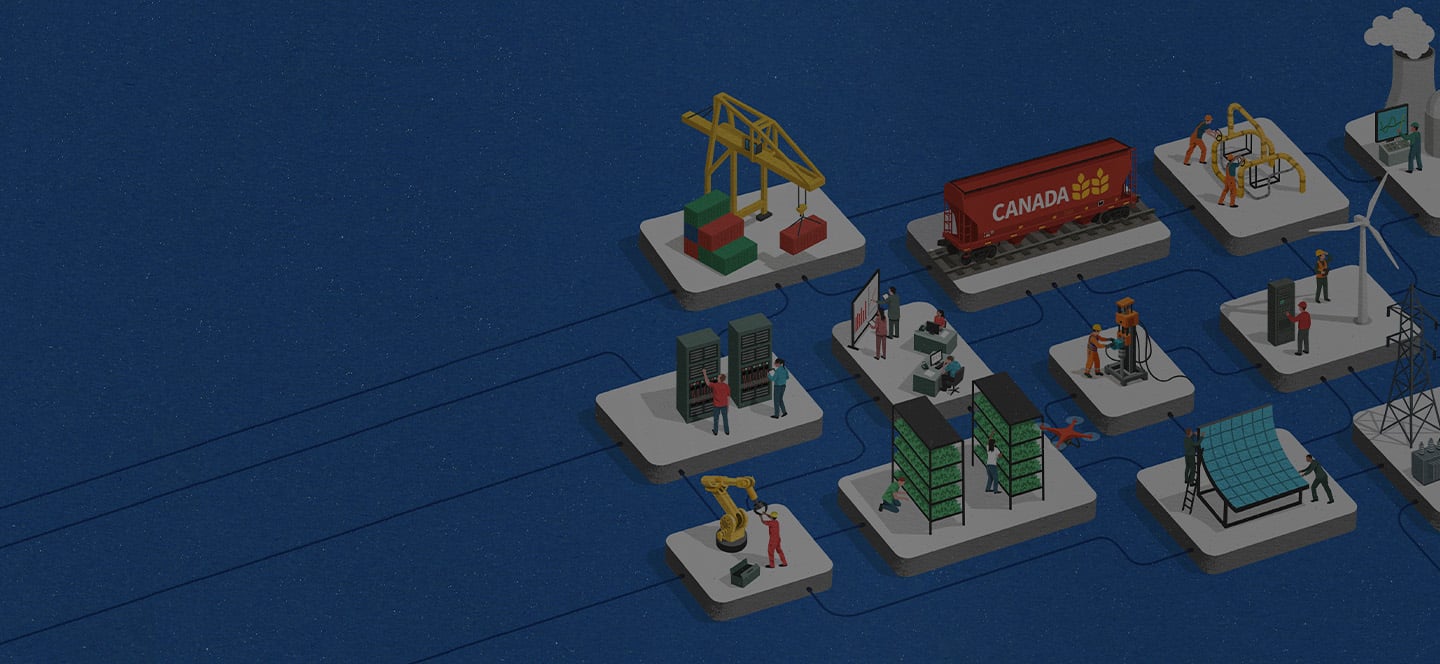On September 29, 2020, Canada imposed economic sanctions against 11 Belarusian government officials ("listed person(s)") implicated in state-sponsored violence and human rights violations. These sanctions reflect concern by the Government of Canada over actions taken by Belarusian President Aleksandr Lukashenko and certain officials in his administration to suppress public protests and opposition groups after Belarus' contested presidential election on August 9, 2020.
Canada has imposed a dealings prohibition and an asset freeze on the listed persons under the Special Economic Measures Act and the Special Economic Measures (Belarus) Regulations effective immediately. Any person in Canada, (including individuals and corporate entities), and any Canadian outside of Canada (including Canadian citizens and Canadian corporations or businesses with activities abroad) is prohibited from directly or indirectly participating, causing, facilitating, or assisting in the following activities:
- Dealing in property, wherever situated, that is owned, held or controlled by listed persons or a person acting on behalf of a listed person;
- Entering into or facilitating any transaction related to a prohibited dealing;
- Providing any financial or related services in respect of a prohibited dealing;
- Making available any goods, wherever situated, to a listed person or a person acting on behalf of a listed person; and
- Providing any financial or other related services to or for the benefit of a listed person.
A number of exceptions to the above prohibitions are listed in section 4 of the Regulations. Canadians may, for example, receive payments from a listed person that are due under a contract entered into before the person was listed. Canadians may also continue to have dealings with a listed person for the purposes of loan repayments and enforcement and realization of security of loan repayments, where the loan was entered into before the person was listed or where the loan recipient is not a listed person.
The 11 newly sanctioned Belarusian individuals and entities, who are also inadmissible to enter Canada under section 35(1)(d) of the Immigration and Refugee Protection Act, are as follows:
- Khazalbek Bakhtibekovich ATABEKOV, Deputy Commander of Internal Troops of the Ministry of Internal Affairs
- Dmitry Vladimirovich BALABA, Commander of the Special Purpose Police Unit of Minsk aka OMON
- Aleksandr Petrovich BARSUKOV, Deputy Minister of Ministry of Internal Affairs and Chief of Public Security Police
- Yelena Nikolaevna DMUKHAILO, Representative of the Belarusian Central Election Commission and a judge in Minsk
- Vadim Dmitriyevich IPATOV, Deputy Chairperson of the Central Electoral Commission
- Yuri Khadzhimuratovich KARAEV, Minister of Internal Affairs and Major General of Militia
- Ivan Vladimirovich KUBRAKOV, Head of the Main Internal Affairs Directorate of the Minsk City Executive Committee
- Aleksandr Grigoryevich LUKASHENKO, President of Belarus
- Viktor Aleksandrovich LUKASHENKO, National Security Adviser to the President and son of Aleksandr Lukashenko
- Yuri Gennadevich NAZARENKO, Deputy Minister of Internal Affairs and Commander of Internal Troops
- Lidia Mikhailovna YERMOSHINA, Chairwoman of the Central Election Commission
Canada is acting in concert with other like-minded countries in its response to this issue. In the days leading up to the sanctions announcement, Global Affairs Canada and groups like the Media Freedom Coalition—comprised of members from Canada, Germany, Ghana, Latvia, the Maldives, the Netherlands, the United Kingdom and the United States of America—had released official statements denouncing the recent elections and consequent human rights violations in Belarus referencing international collaboration.
On the same day that Canada announced its sanctions, the United Kingdom released a similar but not identical list of eight Belarusian government officials who are sanctioned under the Global Human Rights Sanctions Regulations 2020 SI 680/2020. The UK sanctions include Lukashenko’s Chief of Staff, Igor Petrovich Sergeenko, while Canada's list does not, and Canada sanctioned three additional officials who are not on the UK list: Yelena Dmukhailo and Vadim Ipatov of the Central Election Commission, and Ivan Kubrakov of the Minsk City Internal Affairs Directorate. It is possible that sanctions by other like-minded jurisdictions could follow, in light of statements made by representatives of the United States and the European Union in recent days condemning the election results. The Baltic states of Estonia, Latvia, and Lithuania had already announced travel bans on certain Belarusian officials earlier this month.
This latest round of sanctions reflects a regression in the relationship between Canada and Belarus that had been improving in recent years. Between 2006 and 2017, Belarus was listed on Canada's Area Control List under the Export and Import Permits Act, which meant that no goods or technology from Canada, regardless of their control status, could be exported to Belarus without Canadian government authorization. Canada removed Belarus from the list in 2017 as an expression of improved relations between the two governments at the time.




















